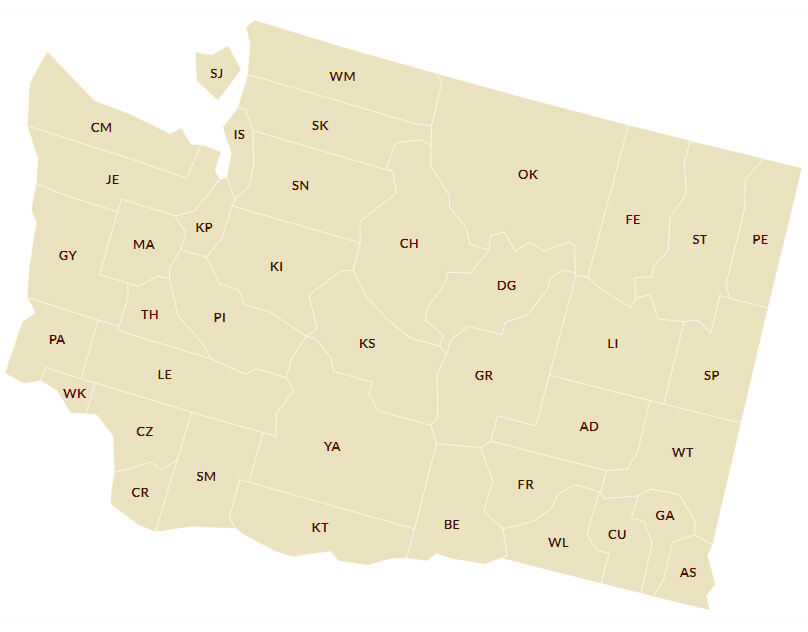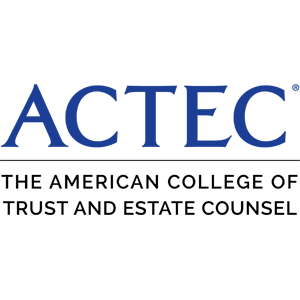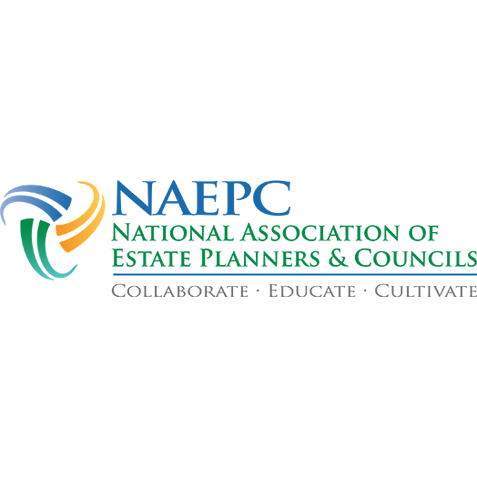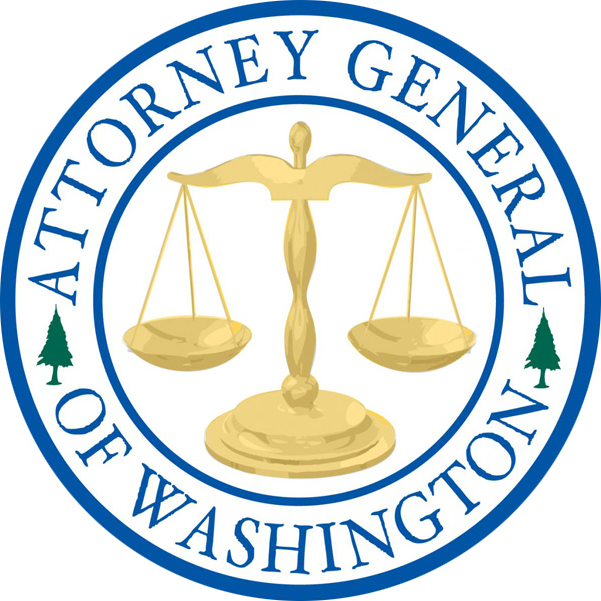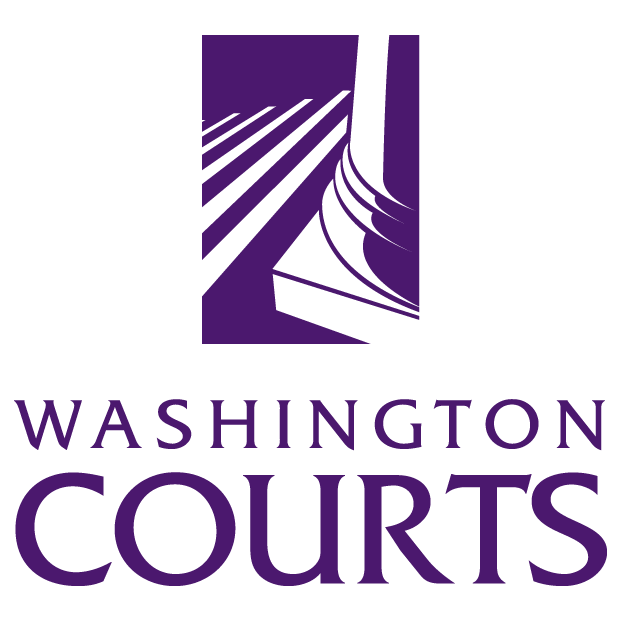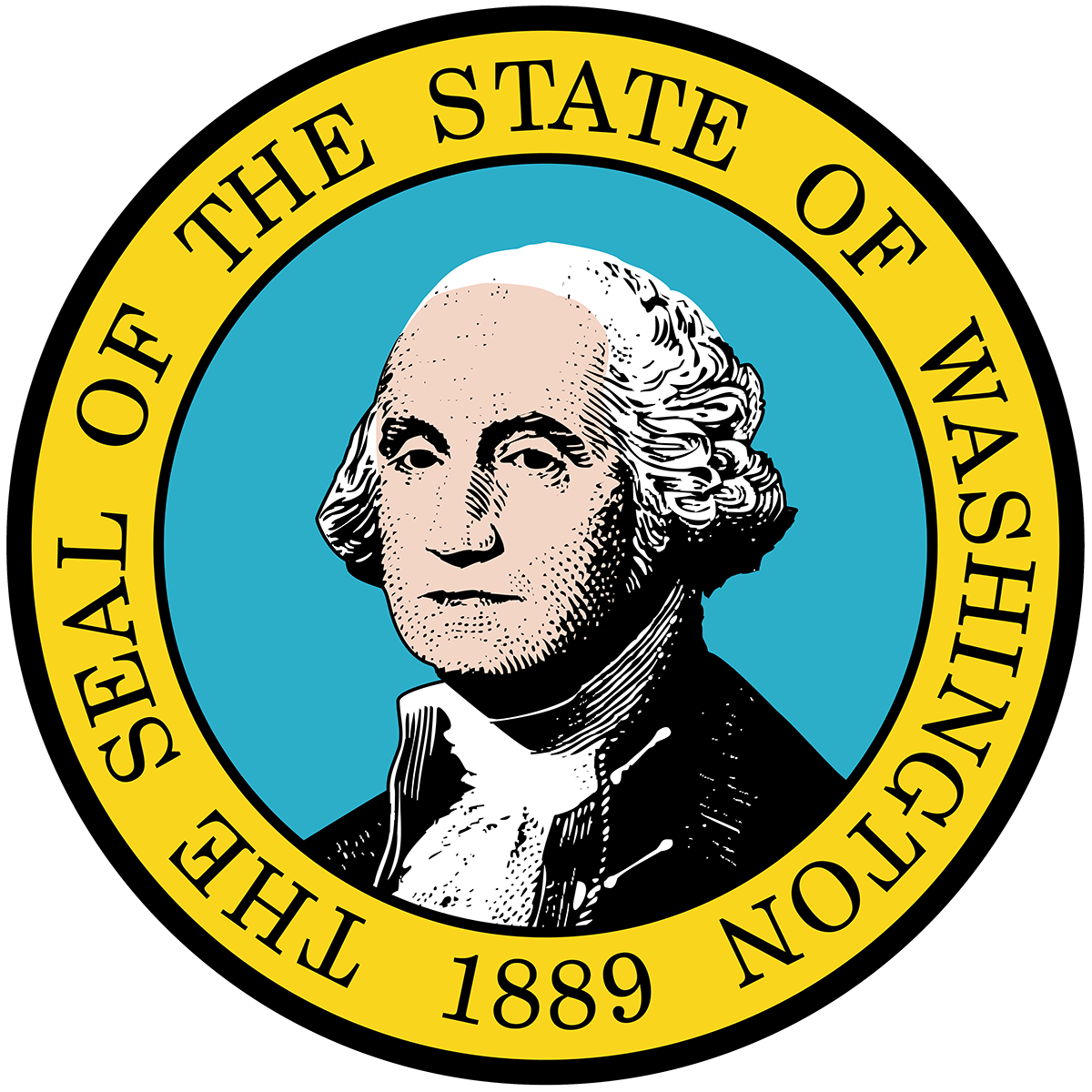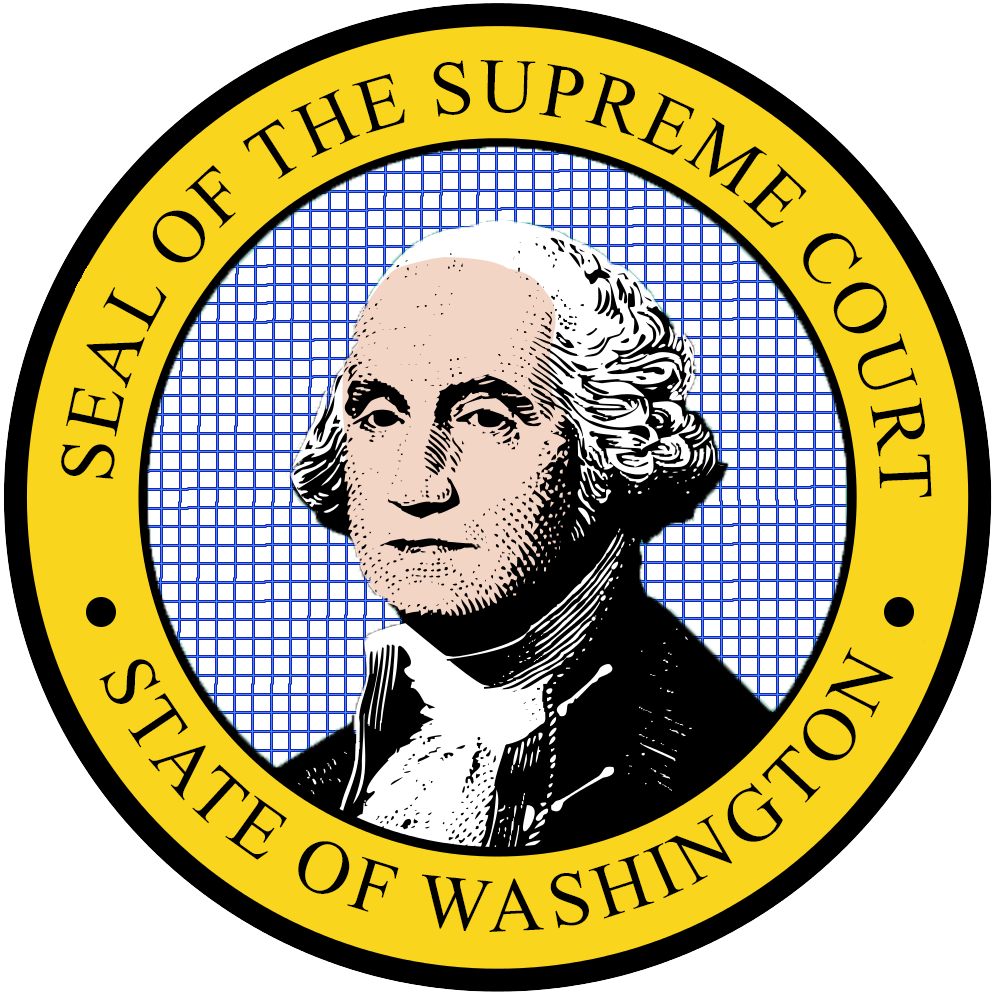Washington Supreme Court - The Washington Supreme Court operates as the highest appellate court in the state, responsible for interpreting and applying the law. Its primary duty involves reviewing appeals from lower courts to ensure the accurate interpretation and application of state laws and the constitution. The court hears a diverse range of cases, including civil, criminal, and constitutional matters, setting legal precedents that guide lower courts and legal practitioners throughout Washington. Additionally, the Washington Supreme Court oversees the regulation of attorneys, managing attorney admissions, setting ethical standards, and ensuring the professionalism and ethical conduct of lawyers statewide.


